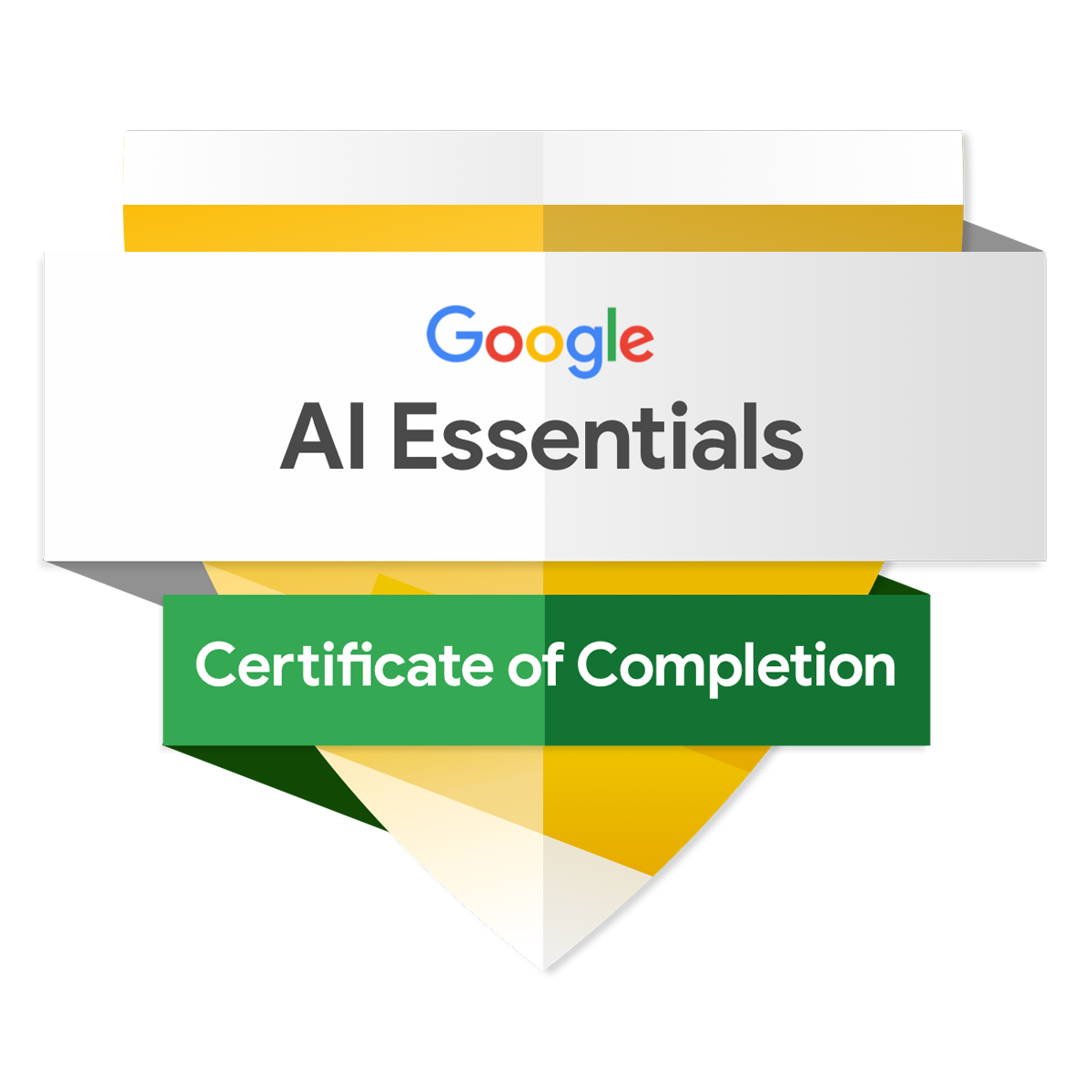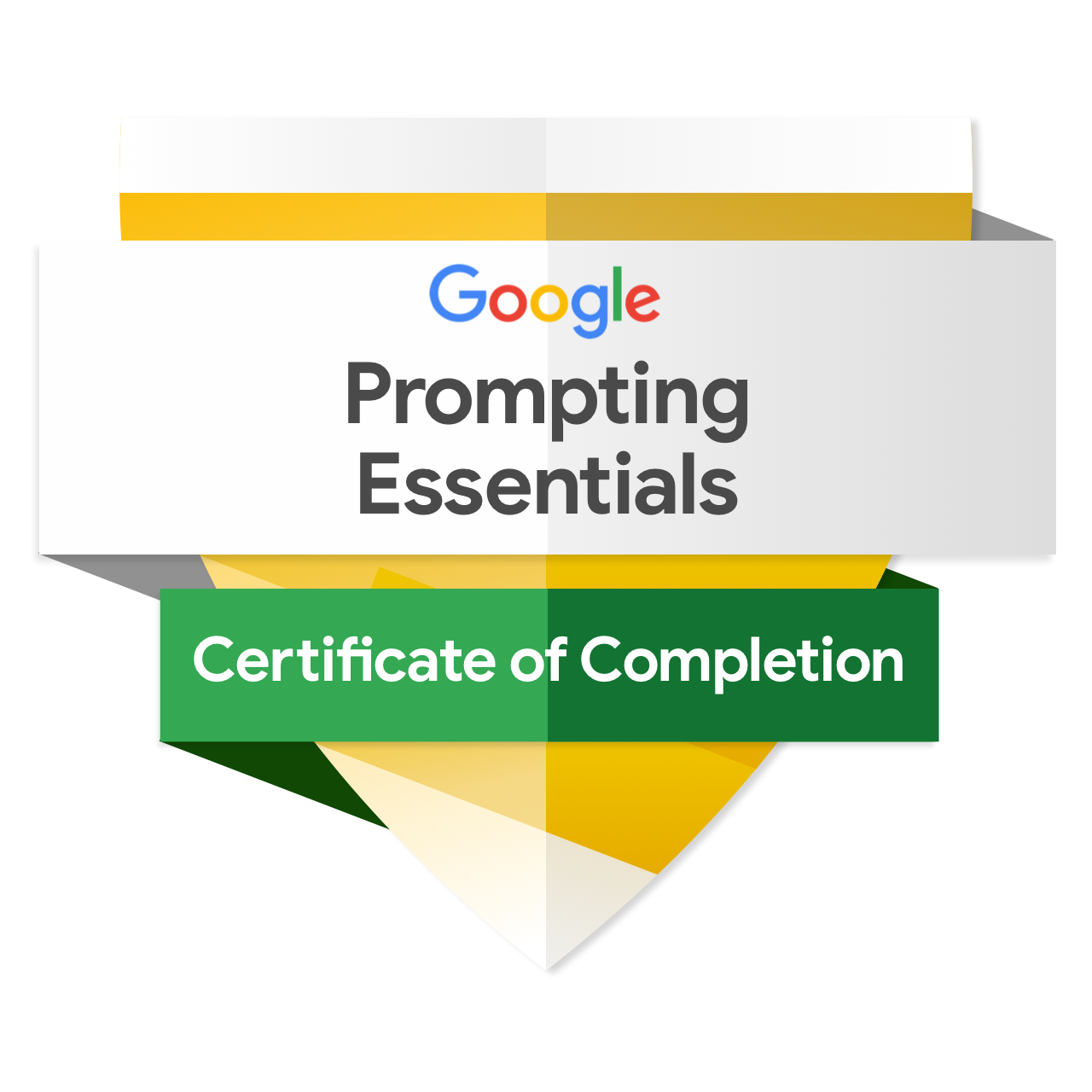Chris Heath
Technical Writer & Illustrator
Map Your Business Processes

Let's work together to ensure your team is informed, on board, and ready to face the future.
Using process mapping to outline critical processes is the best way to understand what is really happening in your business.
With a process map, you can identify:
- everyone who is involved in the process
- who performs each task
- who makes each decision
- the sequence of tasks, and
- the channels of communication.
Process maps provide a detailed view of your business critical processes, and also show everyone that their input is valued.
By capturing current reality, you and your team can make effective changes to ensure more efficient and effective services and better outcomes for your customers.
Write Clear Procedures

A procedure is a documented task. If a procedure manual is structured and written up properly, every procedure will:
- be easy to find
- be consistently presented
- contain everything needed to solve the reader's problem
- help you maintain business continuity when events don't go to plan.
Ensure all essential tasks are documented using structured writing principles. It is important to write procedures with just the right amount of detail so as to cater for the needs of the reader.
With procedures that are easily accessible and easy to understand, your temps and new employees can quickly adapt to their new roles and responsibilities. Well-written procedures significantly decrease the amount of time staff spend trying to familiarise themselves with their duties.
Mitigate the risks to your business and improve productivity by having documented procedures in place. This ensures your business can continue to operate, even when key personnel are absent.
Train for Competence

To ensure the best results, consider developing competency-based training programmes.
Each person involved in the training programme requires documents that are tailored to their respective needs. This includes the trainer, the assessor and the trainee. It ensures a consistent level of quality training across your organisation.
With competency-based training programmes you can also collect evidence of attendance and achievement.
Improve productivity and maintain quality by bringing new staff up to speed quickly with competency-based training.

Chris Heath
Technical Writer & Illustrator
With over 20 years of experience in writing and illustrating, Chris, who is based in Hawke's Bay, New Zealand, can simplify your company's documents, saving your staff and customer's time.
Having collaborated with many different industries, Chris can help your company communicate better through emails, brochures, procedures, and training materials
How I Work
Chris has the experience to manage the documentation development process through to completion. This involves gathering relevant information, having drafts reviewed, incorporating feedback, and ensuring the completed documentation is signed off. This process typically involves a range of stakeholders with minimal impact on their time.
Structured Writing
The principles of structured writing are applied to ensure information is:
- easy to locate
- relevant to the audience's needs
- broken down into easily digested chunks of information, and
- consistent in terms of vocabulary and style.
Simplicity
Achieving simplicity involves balancing clarity with conciseness, and this can require a fair bit of analysis. Being concise and to the point is good, however, never sacrifice clarity for conciseness. Too little information can be just as ineffective as providing too much information.
Clearly identifying the audience and purpose of the documentation makes it easier to:
- add information that is meaningful, and
- remove information that adds little or no value.
Some information that feels important on the day to some stakeholders, or is considered nice to have, can serve no purpose within the context of what is being written. Surprisingly, greater clarity can be achieved simply by deleting it.
Style
Style plays an important role in the documentation process.
On a subliminal level, readers should be able to instantly recognise different types of information. For example, a hazard notice should never look like a policy statement. Procedure steps should never be mistaken for a process, nor a numbered list of items.
When developing content, each information type, e.g., description, procedure, hazard notice, or policy statement, should be identified, and assigned a unique style that is applied consistently across your documents.
It's all in how you style your content that makes different types of information instantly recognisable.
Being a small team it was essential to future proof the organisation in case a staff member left. Having documented processes and procedures enables new staff to get up to speed quickly, ensuring interruption to our business of granting to community organisations is minimised.
We found Chris excellent to deal with. He quickly gained an understanding of our organisation and was a good sounding board for our questions and comments.

Jonathan Bell
General Manager, Eastern & Central Community Trust
We have had the pleasure of engaging Chris Heath to assist us with developing a range of written material, including IT policies and procedures, proposal templates, user training videos and one-off assignments for specific written proposals to customers.
In all cases we have appreciated Chris’s ability to quickly pick up on what we require, make professional and considered suggestions for enhancements to the final product, and produce the required material always to the timeframes needed.
We are always totally impressed with what is produced.

Duncan Wallace
Managing Director, HB Technologies
Chris has been invaluable in getting our manuals and procedures up to date. This has kept Drug Free at the forefront of the drug testing business in an ever-changing environment.

Gavin Bush
Director, Drug Free Testing NZ Limited


